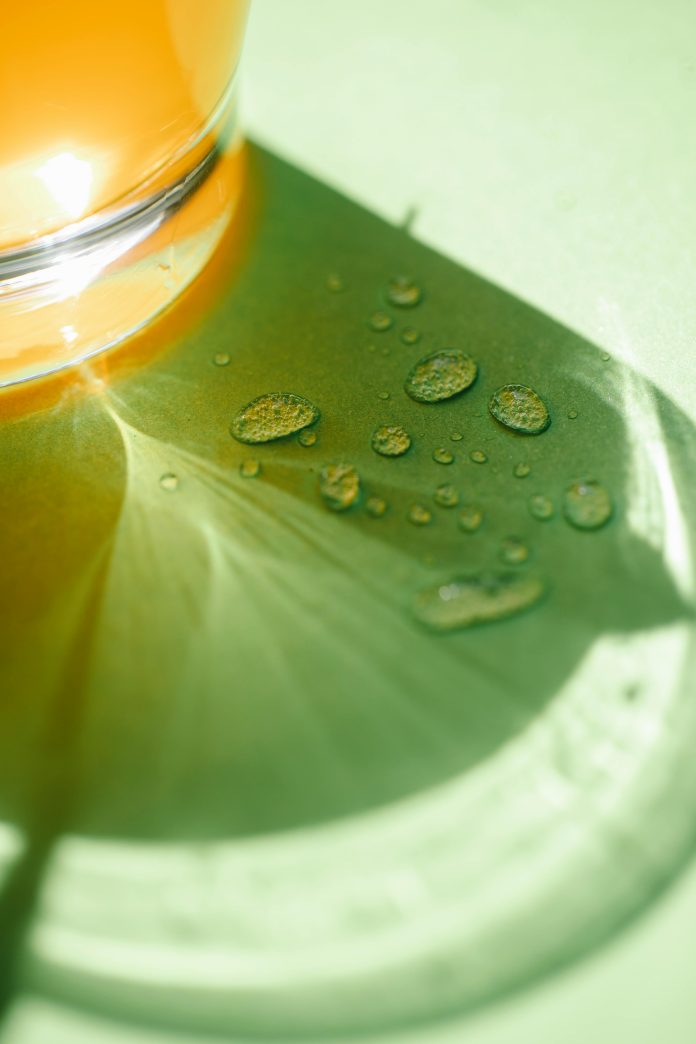In the realm of environmental disasters, few events have the potential to wreak havoc as devastatingly as oil spills. These incidents, whether resulting from maritime accidents, pipeline leaks, or industrial mishaps, pose dire threats to marine life, coastal ecosystems, and the livelihoods of communities that rely on the sea. Amidst the alarming frequency of oil spills, the crucial role of oil spill cleanup has come to the forefront, with specialised companies employing cutting-edge technologies and strategies to mitigate the catastrophic impact of these spills on the environment.
Oil spills present complex challenges due to the nature of oil and its interactions with the environment. Crude oil is a highly persistent and toxic substance that poses immediate and long- term dangers to marine life and coastal habitats. The process of oil spill cleanup requires a multifaceted approach that takes into account the specific circumstances of each incident and the unique challenges presented by different types of oil.
One of the primary goals of oil spill cleanup is to contain and recover as much of the spilled oil as possible before it disperses and causes further harm. Specialised vessels, booms, and skimmers are deployed to contain the oil and prevent its spread across the water surface. By corralling the oil, cleanup teams can concentrate their efforts on removing the oil from the affected area.
The cleanup process also includes a range of mechanical and chemical methods designed to remove oil from the water and shoreline. These methods may involve the use of sorbent materials, which can absorb oil from the water’s surface, or dispersants, which break down the oil into smaller droplets that are more easily biodegraded. However, the use of dispersants remains a topic of debate, as their effectiveness and potential environmental impacts are carefully evaluated.
Bioremediation, a natural approach that harnesses the power of microorganisms to break down oil, is another crucial component of oil spill cleanup. Bioremediation can accelerate the degradation of oil, helping to reduce its persistence in the environment and minimising its impact on marine life.
The success of oil spill cleanup also hinges on the rapid response of cleanup teams. Timely deployment of trained personnel and specialised equipment is crucial to contain the spill and initiate cleanup efforts. The ability to respond swiftly relies on effective communication and coordination among various stakeholders, including government agencies, environmental organisations, and industry partners.
Furthermore, oil spill cleanup extends beyond the immediate containment and removal of spilled oil. Long-term monitoring and assessment are essential to understand the extent of environmental damage and the efficacy of cleanup efforts. Post-cleanup monitoring allows experts to evaluate the recovery of affected ecosystems and implement additional remediation measures if necessary.
The complex and multidimensional nature of oil spills underscores the importance of preparedness and prevention. Proactive measures, such as regular equipment inspections, maintenance, and contingency planning, can help mitigate the risks of oil spills and ensure a swift and effective response when they occur.
As the impact of climate change becomes increasingly evident, the occurrence of extreme weather events and the vulnerability of oil infrastructure are projected to rise. With this in mind, investments in research and development are essential to improve oil spill cleanup technologies continuously and strategies.
In conclusion, oil spill cleanup stands as a critical front line in the battle to protect the environment from the devastating consequences of oil spills. With crude oil’s persistence and toxic nature, cleanup efforts demand a comprehensive approach that combines mechanical, chemical, and bioremediation methods. Timely response and coordination among stakeholders are vital to contain and recover spilled oil effectively. Moreover, long-term monitoring and preparedness play key roles in ensuring the effectiveness of oil spill cleanup and safeguarding marine life, coastal ecosystems, and communities that depend on the health of our oceans. As the world grapples with the urgency of environmental preservation, oil spill cleanup remains an indispensable tool mitigating the damage caused by these devastating incidents and striving for a sustainable future for our planet. To find out more, you can visit DHI Excavations.






